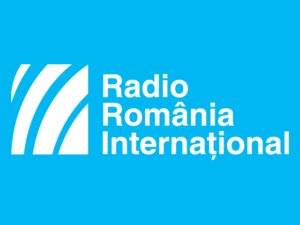The European Commission grants Romania EUR 60.7 million to support road carriers.
The commission approved a EUR 60.7 million Romanian scheme to support companies active in road transport of goods and passengers. The Commission found that the Romanian scheme is necessary, appropriate and proportionate to remedy a serious disturbance in the economy of a Member State.
The scheme was approved as part of the Temporary Crisis Framework for state aid, adopted by the institution in March this year, in line with the Treaty on the Functioning of the EU, which admits that the Union’s economy is facing major disruptions.
According to an EC news release, under this aid scheme Romania will support its road transport sector, severely affected by the fuel prices increase caused by the current geopolitical crisis and the related sanctions. „This is an important step to mitigate the economic impact of Putin’s war against Ukraine,ˮ said Margrethe Vestager, executive vice-president in charge of competition policy.
The measure will be open to companies of all sizes active in road transport of goods and persons with a valid community license that are affected by the current crisis. The beneficiaries will be entitled to receive limited amounts of aid in the form of direct grants of maximum EUR 400,000 per company, paid by the end of this year.
With a view to ensuring legal certainty, the Commission will assess before that date if the scheme needs to be extended. Moreover, during its period of application, the Commission will keep the content and scope of the Framework under review in the light of developments regarding the energy markets, other input markets and the general economic situation.
The Temporary Crisis Framework includes a number of safeguards, such as proportional methodology, requiring a link between the amount of aid that can be granted to businesses and the scale of their economic activity and exposure to the economic effects of the crisis. Member States are invited to consider, in a non-discriminatory way, setting up requirements related to environmental protection or security of supply when granting aid for additional costs due to exceptionally high gas and electricity prices.
(Leyla Cheamil, Radio Romania International)











